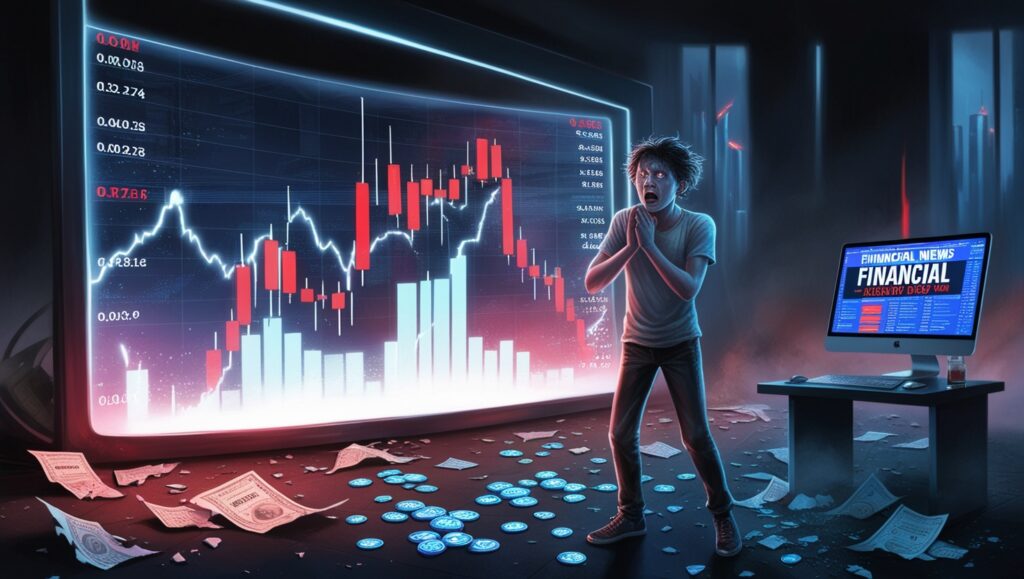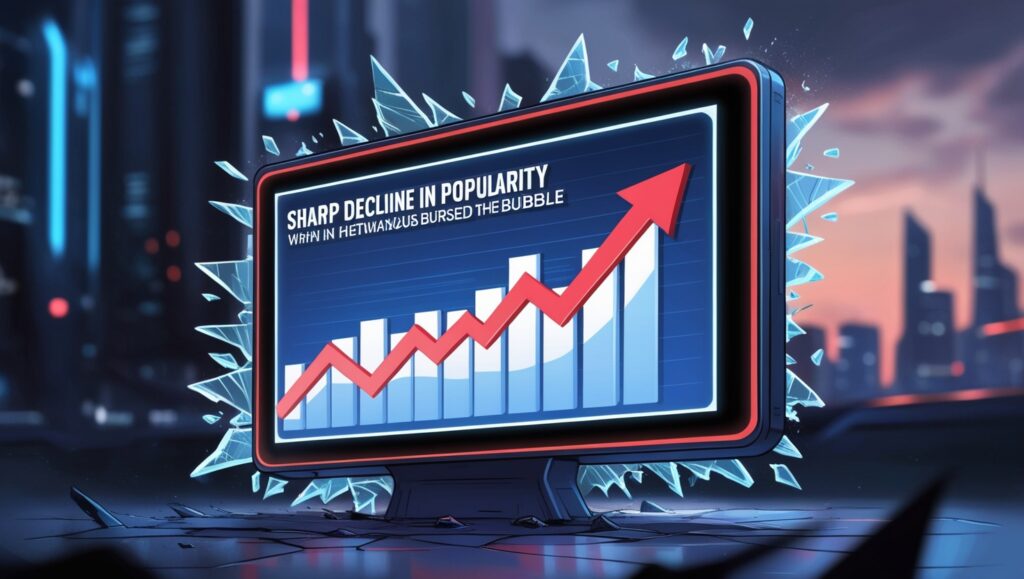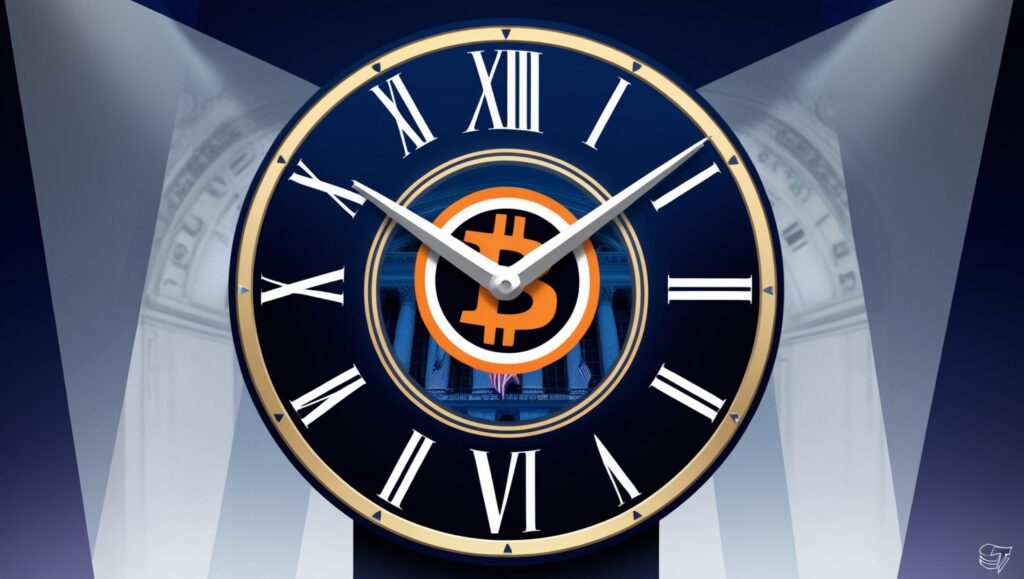Artificial intelligence systems are unlikely to replace traders anytime soon, according to the CEO of one of the largest hedge funds in the world.
Man Group, a London-based investment firm, charges investors performance and management fees. In the first half of this year, its assets under management reached an all-time high of $178.2 billion.
Due in part to the company’s usage of technology, that number increased by 54% between 2018 and 2023 despite an average 30% increase in the number of personnel.
In an interview this month, Robyn Grew—the first woman to head the 241-year-old hedge fund—said she was enthusiastic about the developments in artificial intelligence (AI), pointing out that her investment managers had been utilizing the technology for more than ten years.
However, she was eager to downplay the threat to employment. According to Grew, she doesn’t think AI will be making investment decisions very soon. She believes that understanding this technology’s limitations is just as important as understanding its capabilities.
The CEO, a lawyer who initially served as Man Group’s president before joining the company in 2010, compared artificial intelligence to a surgical instrument, saying, “Surgeons now have these extraordinary pieces of kit which allow them to have better margins, better visibility, and better precision.”
Even with such a sophisticated tool, you wouldn’t want her to operate on your nervous system, she said. The same is true with technology. She may see the talent and potential benefits the instrument may offer, but you still want it in the hands of knowledgeable individuals.
Man Group reported strong growth in its credit division, which include investments in assets including corporate and government bonds as well as personal loans, when it released its profits on Friday. In comparison to the same period in the previous year, its revenue from management and performance fees increased by approximately 45% to $733 million in the first half of 2024.
The company’s shares, which are listed on the London Stock Exchange, increased by 3% following the news, but by 8:05 a.m. ET, they had pared part of those gains and were up 1.6%.
On hearing the news, the company’s shares, which are listed on the London Stock Exchange, surged 3%; but, by 8:05 a.m. ET, they had pared some of those gains and were up 1.6%.
According to Grew’s statement in the CNN interview, the decade that followed the 2008 financial crisis was characterized by extremely low interest rates, but after the pandemic, inflation increased, bringing in a period of “volatility and dispersion.”
In other words, traders navigating a volatile market might expect to earn a wider range of — and potentially larger — returns across a variety of assets than during more stable periods.








